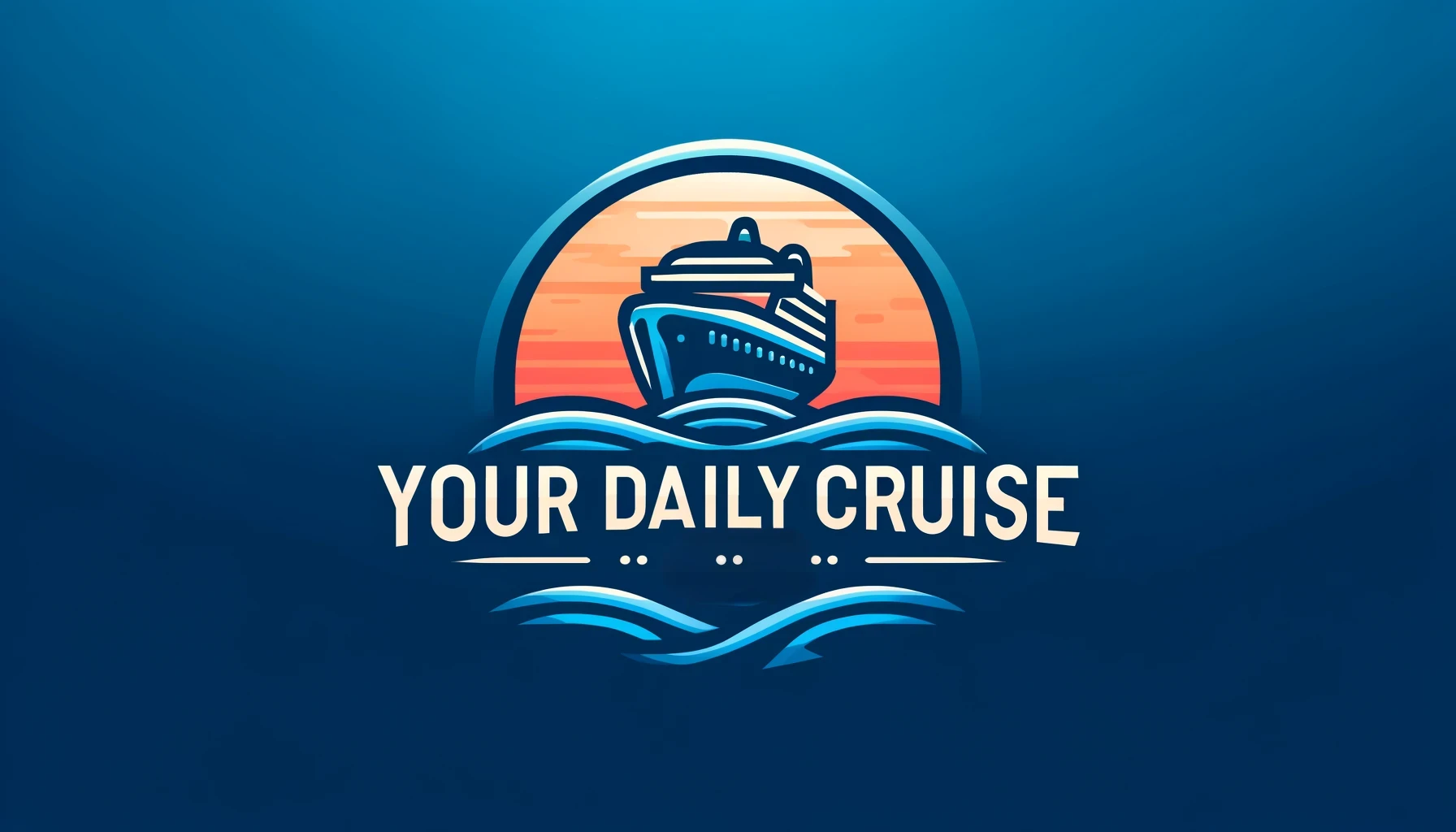
Port Canaveral Reverses Course on New Cruise Terminal Plans Due to State Concerns
Port Canaveral, one of the world’s busiest cruise ports, has officially scrapped its plans for a new cruise terminal at North Cargo Berth 8. The decision comes after significant pressure from Florida state officials, who raised concerns that the new terminal could interfere with the space industry’s growing needs at the port. This reversal underscores the complex balancing act Port Canaveral must navigate between supporting Florida’s booming cruise tourism and its rapidly expanding commercial space sector.
State Pressure Forces Port Canaveral to Reconsider
In a pivotal meeting on Wednesday, the Port Canaveral Board of Commissioners voted 4-1 to abandon the redesign plans for North Cargo Berth 8, which would have repurposed the berth for cruise operations and added parking facilities. This decision aligns with the concerns voiced by Florida Department of Commerce Secretary J. Alex Kelly and Florida Department of Transportation Secretary Jared Perdue. In an August 2nd letter, the officials warned that if the port did not revert to its original plans for the berth, the state might redirect investments to other seaports and spaceports, potentially halting critical funding for Port Canaveral projects.
Balancing Act Between Cruise and Space Industries
Port Canaveral’s role as a key player in both the cruise and space industries has never been more challenging. With Florida’s cruise tourism industry contributing significantly to the state’s economy and the commercial space sector rapidly expanding, Port Canaveral is under immense pressure to accommodate both industries without compromising one for the other.
“Florida’s cruise tourism and commercial space launch sectors are both vitally important,” Kelly and Perdue emphasized in their letter. “Port Canaveral bears the responsibility of housing and supporting both. We will help you do both. But in this case, the port has announced its intention to support one sector to the direct detriment of the other. That decision must, therefore, be reversed.”
The state’s intervention also included a stringent review of Port Canaveral’s compliance with an $8.245 million grant received in 2018 from the state’s Job Growth Grant Fund. The grant, which supported a $12 million road project, was primarily intended to bolster the aerospace industry at the port. Furthermore, the letter from Kelly and Perdue warned that three recent applications to the Florida Seaport Tourism Economic Development Council for cruise-related projects would not be certified if the port continued with its cruise terminal plans.
Port Leadership Faces Tough Decisions
Port Canaveral’s leadership is now tasked with finding a solution that satisfies the competing demands of the cruise and space industries. During Wednesday’s meeting, Port Canaveral Chair Micah Loyd defended the port staff’s efforts to balance these demands, noting that no industry is considered more important than the other.
Commissioner Fritz VanVolkenburgh acknowledged the growing challenges, emphasizing the need for flexibility in managing the port’s limited space. “There will be tensions that will rise from that because the demand is so high. And those tensions will continue,” VanVolkenburgh said. “I think, going forward, we just have to recognize that.”
The economic implications of these decisions are significant. The cruise industry alone accounts for about 1% of Port Canaveral’s total revenue, and the port’s CEO, John Murray, stressed the importance of protecting cruise partners while also accommodating the space industry’s needs. “Miami’s full. Everglades is full. If we’re full, we don’t want large brand-new assets moving over to Texas, California, or New York. We want to keep that business here in Florida,” Murray explained.
Future of Space and Cruise Operations at Port Canaveral
The space industry’s presence at Port Canaveral is only expected to grow. A May study from Space Florida, the state’s aerospace agency, revealed that the space industry will require nearly double the current 2,800 linear feet of wharf space around Port Canaveral by 2033. This expansion is necessary to accommodate the increasing number of rocket launches from the nearby Kennedy Space Center and Cape Canaveral Space Force Station.
In 2023 alone, Port Canaveral handled 6.92 million cruise passengers, second only to PortMiami, which saw 7.3 million cruise passengers. On the space side, Florida recorded 72 orbital rocket launches in 2023, a significant increase from previous years. This trend continues into 2024, with 59 launches already completed, including the recent SpaceX Starlink mission.
As Port Canaveral navigates the demands of these two vital industries, the stakes remain high. The port’s ability to successfully balance the needs of both the cruise and space sectors will be crucial for its future growth and for maintaining Florida’s position as a leader in both industries.
Thoughts: Navigating the Future of Port Canaveral
Port Canaveral’s decision to halt the new cruise terminal plans highlights the complex interplay between Florida’s cruise and space industries. The port’s leadership must continue to navigate these challenges carefully, ensuring that both sectors can thrive without compromising the other. As demand for port space increases, Port Canaveral’s role as a hub for both cruise tourism and commercial space operations will require innovative solutions and strategic planning.






Leave a Reply